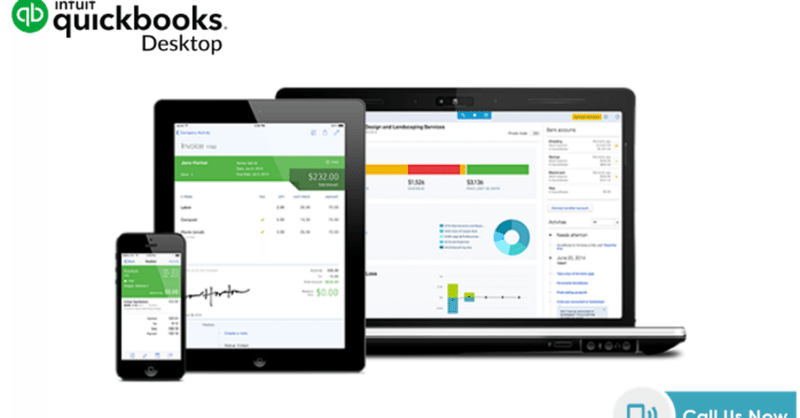
What does a bookkeeper do in QuickBooks?
A bookkeeper plays a crucial role in business operations. A bookkeeper is an expert or professional who helps organizations and businesses to maintain their finances in proper order. They manage general accounting ledgers, generates financial statements, and record transactions (journal entries). For responsibilities. With The Financial Associated Part Of The Business, You Need To Hire A Bookkeeper. Just Like The Financial Circumstances And Bookkeeping Requirements Are Unique For Every Business, Each Bookkeeper Has Their Point Of View And Expertise.
What Does A Bookkeeper Do?
In the best sense, bookkeepers keep tabs on multiple transactions, accounts, and reports. This helps the business owners to keep their finances intact. They collect, organizes, and stores the financial records of the business. It includes bank reconciliations, cash flow statements. , and loss statements. They also help the accountants and business owners in building budgets by identifying trends and planning for the future.
For example, a business owner's primary responsibility is keeping tabs on inventories of the product, and later restocking it when required. When the business owner will order inventory, his or her bookkeeper will collect the receipt, record the transaction into the general ledger, and will file the record into a financial database.
Furthermore, a bookkeeper helps the businesses to track the account receivables. For an instance, your company has serviced a cooling system recently. Your bookkeeper will help you in invoice generation, payment collection, and will record the transaction into the general ledger, and lastly, will document the paid invoice.
Each of the businesses is different. The operational styles and techniques are also unique. Bookkeeping is a great financial tool that can be used to manage the business easier and to reach the ultimate goal. There exist several options for a business owner while selecting a bookkeeper while opting for QuickBooks services.
Responsibility of Bookkeeper:
Bookkeepers perform a lot of tasks regularly. Some of the typical responsibilities of a bookkeeper are given below:
A bookkeeper completes data entry and gathers the transaction details for all the incoming, as well as outgoing bank accounts.
They post up-to-date financial transactions using spreadsheets, bookkeeping software, and other databases.
A bookkeeper tracks both debits (incoming money), and credits (outgoing money) for each account.
For maintaining accuracy, they maintain and monitor financial records.
They also help to generate financial reports like income statements, and balance sheets.
If they find discrepancies in financial reports, they reconcile or report them immediately.
A bookkeeper plays or produces credit card bill invoices or inventory orders.
They also complete payroll and returns on file tax.
Types of bookkeeping:
If you are looking for a bookkeeper to improve the bookkeeping operations of your business, you need to consider the bookkeeping options:
In-house experts: If you are looking for a professional handle for your bookkeeping operations, consider hiring an in-house bookkeeper. Based on your requirements, and budget, you can hire someone for a part-time, full-time, or contractual basis. It will free a lot of time for you so that you can concentrate on other important matters of your business.
Virtual or remote bookkeeper: Just leave the reporting, and number-crunching to the pros. Hiring a virtual or remote bookkeeper will maintain a perfect balance of your bookkeeping needs, and will assess your business finances. They can do right from filing tax to making monthly reports, and more.
DIY: Most dedicated business owners like to oversee regular operations. And they take on the bookkeeping part. If you are deciding on the same, consider the time-consuming works, and how they might snatch your time away from other crucial responsibilities.
Bookkeeping software: With the QuickBooks bookkeeping software, one can easily access easy-to-use and professional tools to take leads on the bookkeeping efforts.
Benefits of bookkeepers:
To know how do the job duties of the bookkeepers are beneficial for your business, take a look at the given below points:
Bookkeepers free up your time in your schedule so that you can concentrate on developing your vision, enhancing your bottom line, and polishing Your Working Efforts And Workflow.
When Everything Boils Down To Breaking Down Business Tax Codes, The Tax Preparation Of The Bookkeeper Proves To Be Beneficial.
Considering A Pro Bookkeeper Reduces The Room For Errors. With The Required Experience And Training, Pro Bookkeepers Help To Make sure that you are generating accurate financial data and reports.
Having solid bookkeeping records handy is a great plus point when any entity audits a business. Most of the time, the auditing process is all about a simple review of business records. But, the situation gets worse if the bookkeeping records are out of order.
Conclusion:
Bookkeeper not only supports businesses, but also supports several organizations, nonprofits, and corporations. They play an indispensable part in the finance management of a business by assisting with accounting efforts, documenting transactions, and generating reports.
この記事が気に入ったらサポートをしてみませんか?
